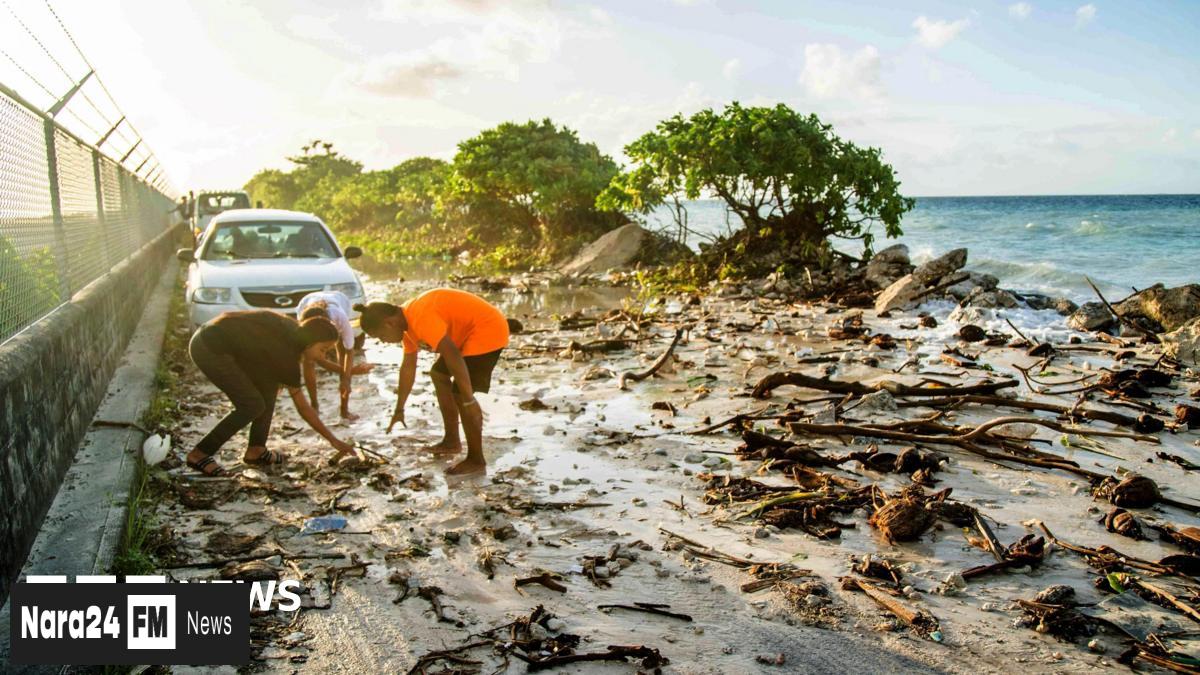
Historic Ruling Opens Path for Climate Lawsuits Between Nations
A top UN court ruled that countries can legally sue one another over climate change impacts, setting a precedent for addressing global warming disputes in legal frameworks.
A top UN court ruled that countries can legally sue one another over climate change impacts, setting a precedent for addressing global warming disputes in legal frameworks.

HISTORIC JUDGMENT FROM INTERNATIONAL COURT OF JUSTICE: The International Court of Justice (ICJ) in The Hague granted nations the right to sue over climate change damages, marking a breakthrough in climate accountability. This advisory ruling, while non-binding, could influence national courts globally and empower vulnerable countries to seek compensation from historically high-emitting nations.
SIGNIFICANCE FOR CLIMATE-VULNERABLE STATES: The decision validates claims from Pacific Island nations, including the Marshall Islands, which argue they face existential threats from rising seas and extreme weather due to unaddressed climate inaction. Judge Iwasawa Yuji emphasized that governments must adopt ambitious climate plans to avoid violating Paris Agreement commitments.
LEGAL IMPLICATIONS AND FUTURE PATHWAYS: The opinion clarifies that even non-signatory nations, like the U.S., remain legally bound to protect the environment. It opens doors for compensation claims tied to specific events, such as cyclones or floods, though costs per claim remain uncertain. Legal experts estimate cumulative losses from climate change at $2.8 trillion (2000-2019), with adaptation costs like the Marshall Islands’ $9 billion pressure mounting.
REACTIONS AND CRITICISMS: Pacific Island activists hailed the ruling as a landmark victory, with Siosiua Veikune from Tonga expressing relief for his community’s resilience. Conversely, the UK and U.S. stressed adherence to existing climate frameworks. The ruling also challenges nations to balance environmental and economic priorities, with compensation models yet to be fully defined.
```
Comments (0)
Leave a Comment
Be the first to comment on this article!